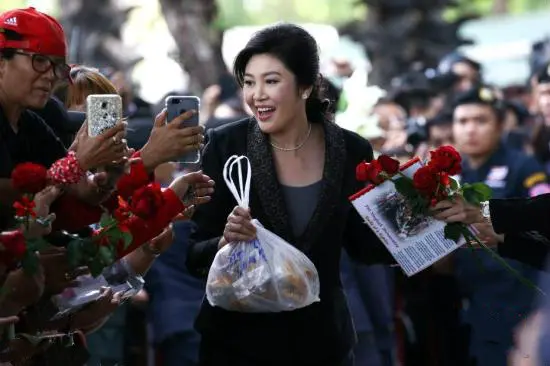By APD Writer Zeng Xinlan
It’s a common view that there is a surprisingly number of Chinese students in any foreign top universities especially in UK, USA, Australia and Canada where the Chinese group contributes to a large proportion of international students.
While the growing number of Chinese middle class is one major cause, the ultimate drive of this phenomenon is related to the “education fever”.
A recent report on job-hunting experience of a overseas returnee has caused quite a stir in the “overseas study” group and their families.
Xiao Lin, a 26-year-old Chinese young woman who spent six years in Australia to pursue her bachelor and master’s degrees, came back to Hangzhou, east China’s Zhejiang Province this summer.
To her disappointment, she encountered unexpected difficulties while she threw herself in the job market. Holding two degrees in finance, she intended to seek venture capital jobs like those elites do from the Wall Street.
However, her international academic background is no longer the golden ticket for decent job opportunities. One employer even offers her a position with a basic monthly salary of 2,000 yuan ($309).
At last, she managed to get a job in a state-run enterprise with a monthly salary of 5,000 yuan ($771) with the help of her parents. In the city she lives, The average house price reaches as high as 2,4521 yuan ($2,783) per square meter.
Six years of overseas study cost her family about two million yuan ($309,305). The high tuition,
however, failed to help her get a good job after graduation. What’s more, her classmates began to work two years ago.
Though economic returns is not the only goal of studying aboard, Xiao Lin is distressed how to repay her parents who sold their only apartment to sponsor their daughter.
In general, sending children to study in developed countries is prevalent among Chinese middle- class families. However, the lower salaries and less competitive positions of returning students may disappoint those speculators who only seek for big economic returns.
(ASIA PACIFIC DAILY)
 简体中文
简体中文







